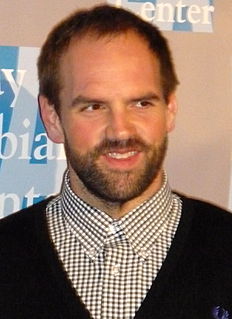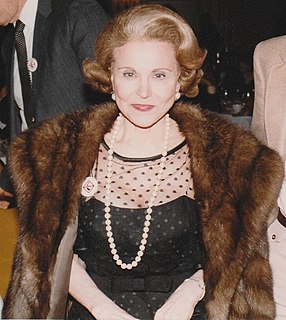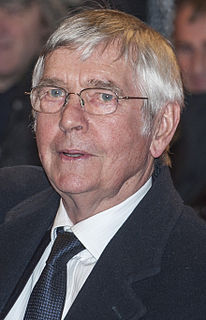A Quote by Gore Vidal
I never reread a text until I have finished the first draft. Otherwise it's too discouraging.
Related Quotes
Some writers find that they don't know their themes until they've finished the first draft (I am one). They then rewrite with an eye toward balancing on that tightrope: not too contrived, not too rambling; does what I'm saying about the world below me actually add up to anything? Other writers pay attention to these things as they write the first draft. Either way, an awareness of the macro and micro levels of theme can provide one more tool for thinking about what you should write, and how.
I revise constantly, as I go along and then again after I've finished a first draft. Few of my novels contain a single sentence that closely resembles the sentence I first set down. I just find that I have to keep zapping and zapping the English language until it starts to behave in some way that vaguely matches my intentions.
A text is not a text unless it hides from the first comer, from the first glance, the law of its composition and the rules of its game. A text remains, moreover, forever imperceptible. Its laws and rules are not, however, harbored in the inaccessibility of a secret; it is simply that they can never be booked, in the present, into anything that could rigorously be called a perception.
Almost all good writing begins with terrible first efforts. You need to start somewhere. Start by getting something-anything-down on paper. A friend of mine says that the first draft is the down draft-you just get it down. The second draft is the up draft-you fix it up. You try to say what you have to say more accurately. And the third draft is the dental draft, where you check every tooth, to see if it's loose or cramped or decayed, or even, God help us, healthy.






































